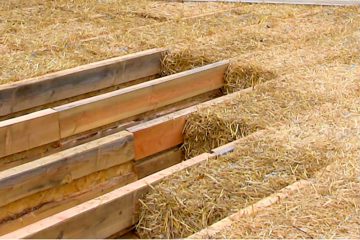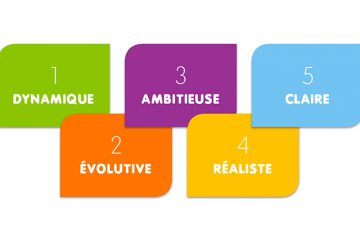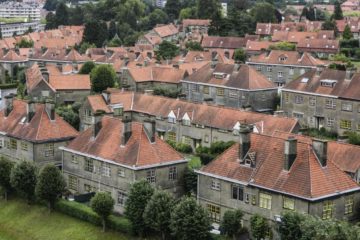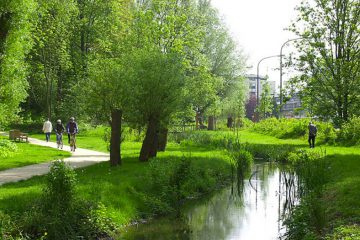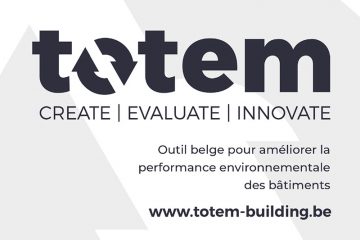
Our other services in
guidance with the transition
Development of methodological tools and reference frameworks
In the vast project of the transition of our society towards greater sustainability, public authorities as well as private actors are often faced with the need to have calculation tools or good practice guidelines that can help them to implement the most effective solutions. In some cases, these tools exist and the contribution of the ICEDD may then be limited to assisting customers in their use and interpretation of the results produced (e.g. Carbon Balance, Life Cycle Analysis, for example). On the other hand, the question asked can sometimes be much more specific and require the creation of a new tool or a new functionality for an existing tool.
In this area, the ICEDD has developed a specific methodology for the energy auditing of tertiary buildings (processes and buildings) that can be followed by any auditor. It includes and explains the main steps in carrying out an audit and, more specifically, what data need to be collected, how energy savings made can be quantified and also what report structure is to be observed in order to make its results comparable. Similarly, the ICEDD coordinated the development of the PACE (Energy Notice and Certification Procedure) which provides, using a single tool, the possibility of carrying out the energy audit (PAE2 Audit) and the PEB (Energy Performance of Buildings) certification for an existing residential building.
In addition to strictly energy concerns, the ICEDD participated in the creation of the BatEx (Extraordinary Buildings) guidelines, which define the criteria to be met by a building to be able to be qualified as exemplary. These concern energy, environmental, water management, accessibility, sustainability of materials, biodiversity, waste management, social diversity, etc.
On a broader scale and in more specifically environmental issues, the ICEDD is drafting a practical guide and guidelines for the ecological management of green spaces that enables public authorities to implement the most suitable methods to facilitate the acceptance and co-existence of nature with humans in urbanised areas.

